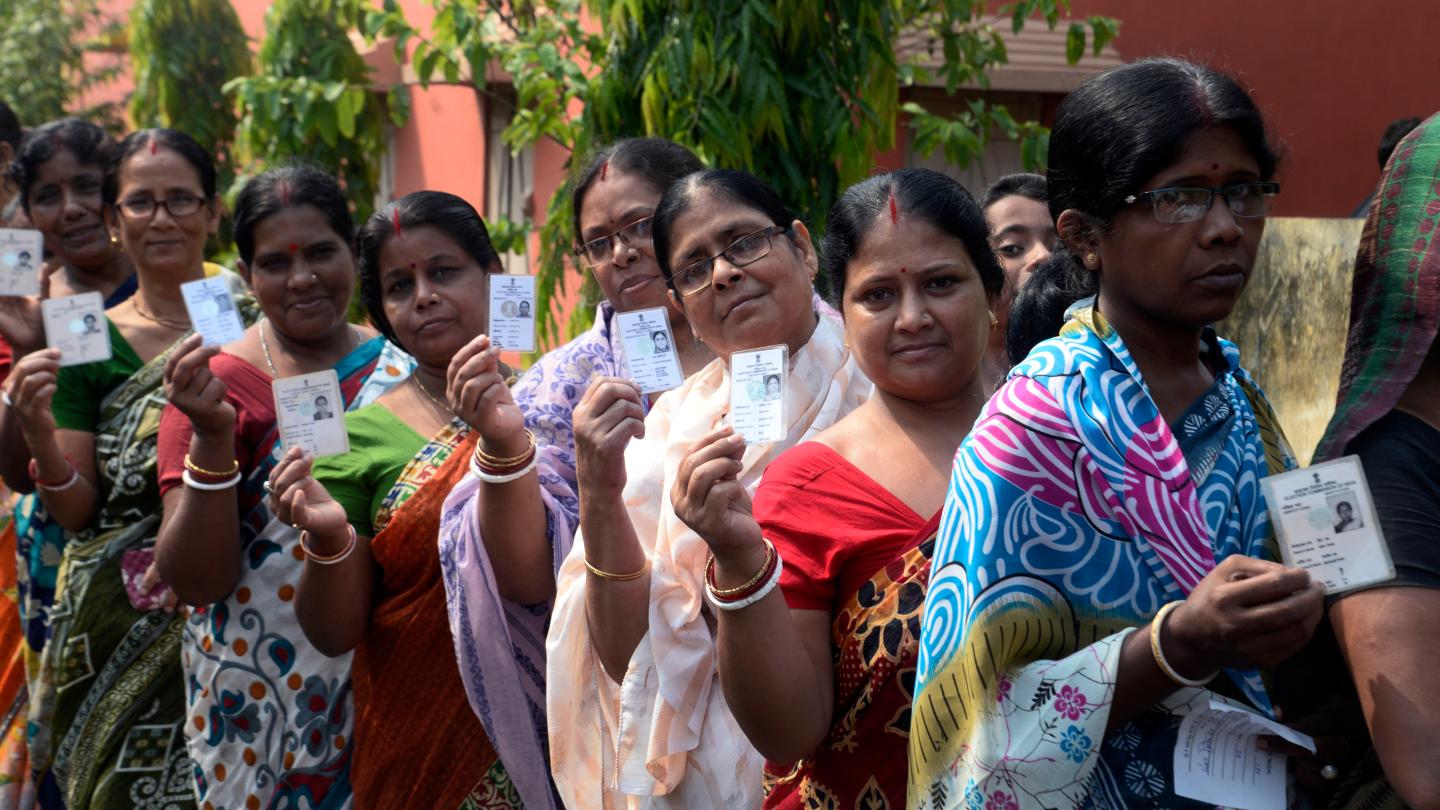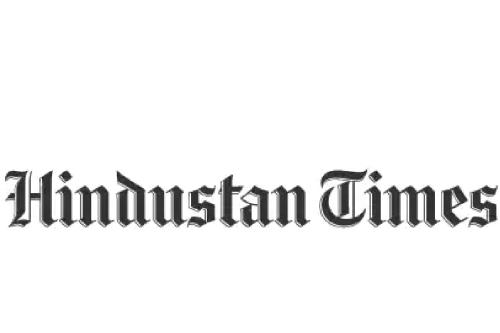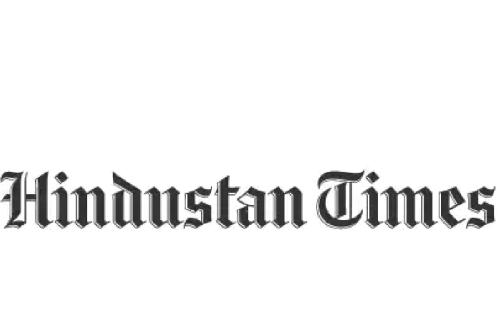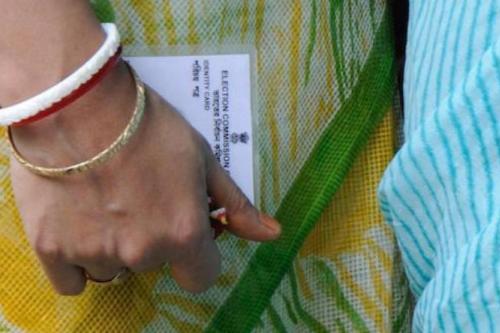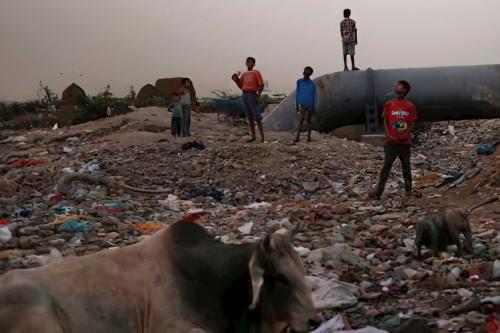Research on improving democracy for poor citizens
In democracies around the world, poor people and members of minority groups have won the right to vote – yet their elected officials often work against their interests. Why does this happen, and can greater transparency give the poor and marginalized a stronger voice in democracy?
In Delhi, the anticipation of publicly disclosing politician performance prior to election led to an increase in pro-poor spending in high-slum areas, and to alternative electoral opportunities for high-performing incumbents who were rendered ineligible by quotas; there was no increase in spending among politicians who were located in low-slum areas nor among politicians whose performance was not publicly disclosed.
Since 2008, researchers from the Inclusion Economics team – with collaborators from Columbia University, Harvard University, and MIT – have worked to explore the effects of giving people better information about the performance of their elected politicians – to see whether increased transparency can change election outcomes, patterns of public spending, and politicians’ behavior. In one intervention, researchers distributed pamphlets about the importance of voting and newspapers with report cards evaluating the performance of the locally elected representatives in a Delhi slum area. Analysis showed that households receiving these materials used the information to compare their electoral options and change voting patterns. Local politicians also changed their behavior when told that their performance would be disclosed – but not when they received this information privately. For a relatively small transparency intervention, such measurable effects on policies and elections are notable. This research project is complete – having generated a published paper, a submitted working paper, and a third working paper – and its findings could be used to improve elections and strengthen civic engagement across India and beyond.
